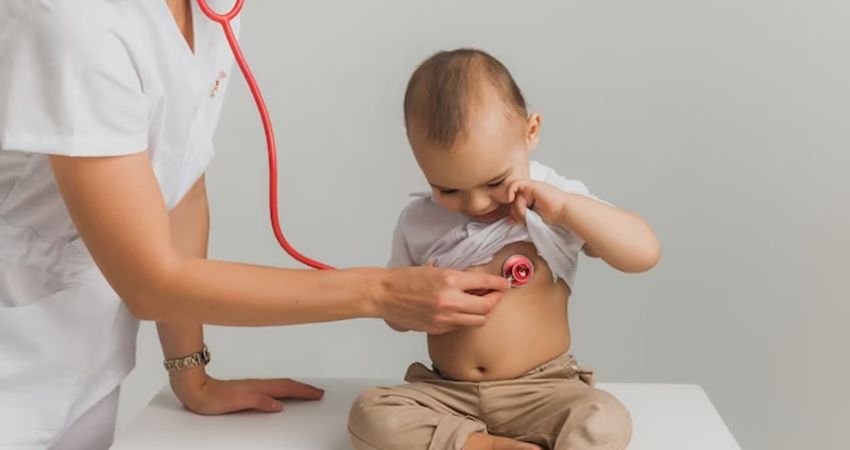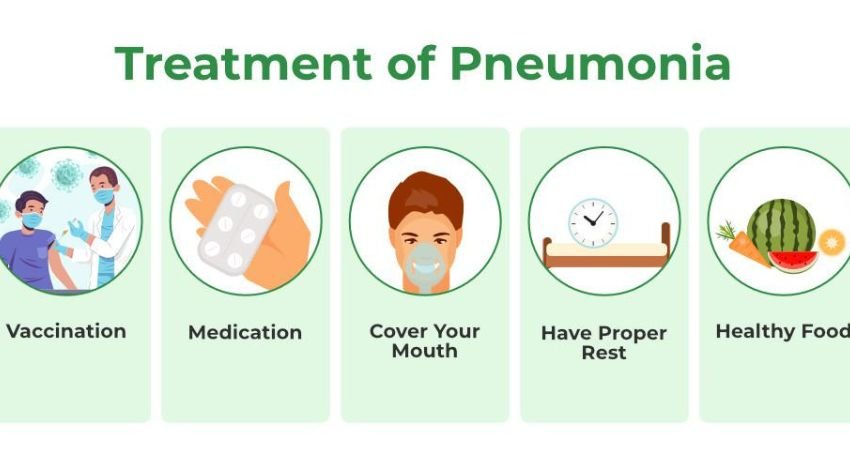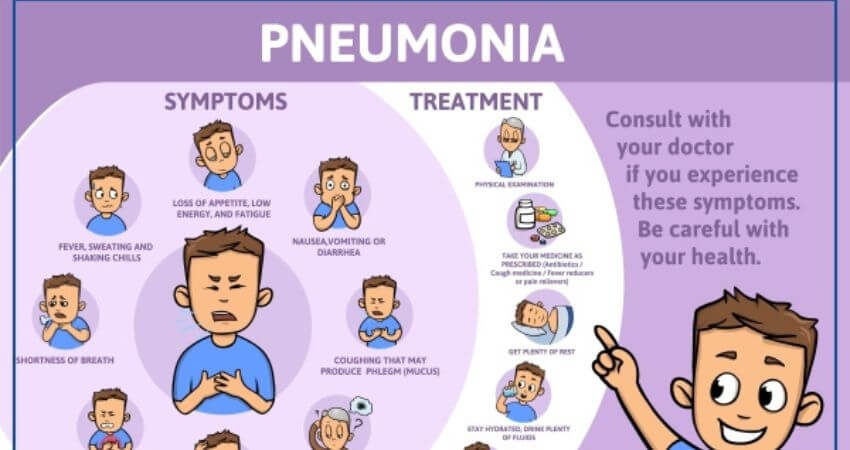The Best Pneumonia Treatments for Kids
If you are thinking about pneumonia treatments for kids, then this blog post is about a concerning illness that can affect children of all age groups. Parents and caregivers need to stay informed about the best treatments available for this condition. This article will explore various pneumonia treatments specifically designed for kids. From traditional remedies to modern medical interventions, we will cover many options to help your child recover and regain their health. Here, we have provided some pneumonia treatments for kids
What is pneumonia in children?
Penenomina is a kind of infection of the lungs. It may be serious or pulpy. It is a common disease among children.
Symptoms of Pneumonia in Children
You can understand if your child is addicted to pneumonia through some symptoms, which include:
- Fever
- Chills
- Fast breathing
- Belly pain
- Chest pain
- Vomiting
- Being less active
How do you identify pneumonia?

For a healthy baby, it would be difficult to breathe if he caused pneumonia. But for the ill baby, when he breathes, his body is narrow. Besides, children who are addicted to pneumonia have to take a breath much more often than a healthy baby.
What are the causes of pneumonia?
Some reasons cause the phenomenon of a child, including
- Bacterial infections, such as Streptococcus pneumonia, Hemophilia influenza, and Staphylococcus aureus
- Viral infections, such as influenza (the flu), respiratory syncytial virus (RSV), and coronaviruses
- Fungal infections, such as Streptococcus, Histoplasma, and Pneumonitis
- Parasitic infections, such as toxoplasmosis
- Inhaling irritants, such as chemicals, smoke, or dust
- Weak immune system due to a medical condition or other factors
- Aspiration of food, stomach acid, or saliva into the lungs
- Excessive alcohol use
- Smoking
Which children are at risk of pneumonia?
Pneumonia is a serious respiratory infection that can affect people of all ages, but children under the age of five are at the greatest risk. This is because their immune systems are not fully developed, making it difficult for them to fight off infections. In addition, children living in poverty or who are malnourished are more susceptible to pneumonia due to weakened immune systems.
Children who are exposed to indoor air pollution, such as from cooking with solid fuels like wood or charcoal, are also more likely to develop pneumonia. Additionally, children who have underlying health conditions such as HIV/AIDS, sickle cell disease, or chronic malnutrition are at an increased risk of developing pneumonia. Finally, children who are not vaccinated against certain types of bacteria and viruses that can cause pneumonia are more vulnerable to the infection.
It is essential to seek medical attention immediately if you suspect your child has pneumonia. Symptoms to watch out for include cough, fever, difficulty breathing, chest pain, and fatigue. Early diagnosis and treatment can prevent serious complications and even save lives.
How to take treatment for pneumonia

Visit your doctor: If you think you may have pneumonia, it is important to see your doctor right away. Your doctor will diagnose your condition and prescribe the appropriate treatment.
Take prescribed medications: Depending on the severity of your pneumonia, your doctor may prescribe antibiotics, antivirals, or other medications to help treat your condition. Make sure you take all of your medications as directed by your doctor.
Take rest. Resting is essential for your body to recover from pneumonia. Get plenty of sleep and take breaks during the day to relax.
Drink plenty of fluid. Staying hydrated is important when recovering from pneumonia. Ensure you drink plenty of water, juice, and other fluids to help your body fight the infection.
Eat nutritious foods. Eating a healthy, balanced diet can help your body recover from pneumonia. Make sure to eat plenty of fruits, vegetables, whole grains, and lean proteins to help give your body the nutrients it needs to heal.
Use a humidifier. Using a humidifier in your home can help you breathe easier. The humidity in the air helps reduce your coughing and clear your airways.
Exercise: Gentle exercise can help improve your overall health and help you recover from pneumonia more quickly. Start slowly and increase your activity level gradually.
Follow-up with your doctor: Make sure to follow up with your doctor to ensure that your pneumonia is responding to treatment.
